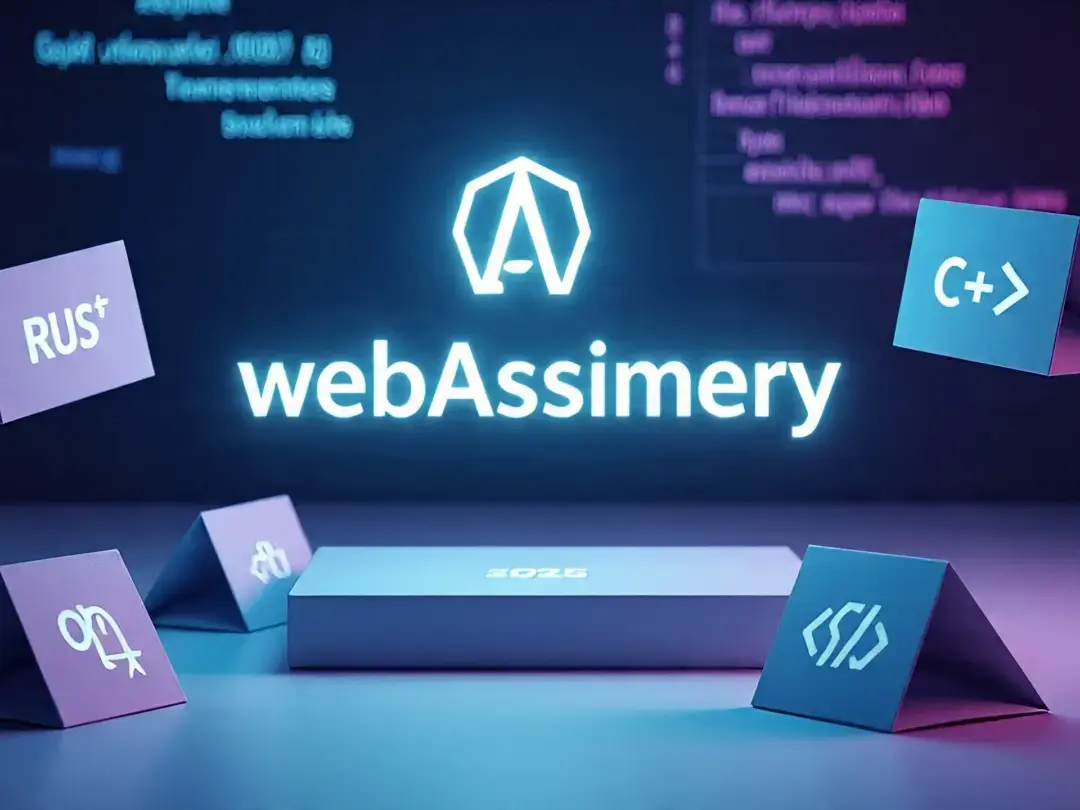
| Last Update | 07 Jul, 2025 |
| Created | 07 Jul, 2025 |
| Category | Educational Content |
| Total View | 2 |
| Tags | WebAssembly 2025 Future Of Web Development Learn WebAssembly Wasm Benefits Web Performance Web Dev Trends 2025 Rust WebAssembly C++ In Browser Wasm JavaScript |
Web development is constantly evolving, but 2025 marks a turning point — and WebAssembly (Wasm) is at the center of this revolution. Once considered a niche technology, WebAssembly is now reshaping how we build fast, secure, and scalable web applications across browsers.
If you're a developer planning to future-proof your skills, here’s why learning WebAssembly in 2025 should be on your roadmap.
WebAssembly is a low-level binary instruction format designed to run code at near-native speed in web browsers. It allows you to write in languages like C, C++, and Rust — then compile them to run securely alongside JavaScript in the browser.
Unlike JavaScript, which is interpreted, Wasm is compiled, offering faster performance and predictable behavior.
Wasm enables CPU-intensive applications — like video editing, gaming, and 3D rendering — to run inside the browser without lag. This opens doors for performance-heavy desktop-class apps on the web.
You're no longer limited to JavaScript. Developers can now use Rust, Go, C++, C#, or even Python and compile them into Wasm, making the web accessible to more programming communities.
WebAssembly runs in a sandboxed environment, limiting its access to device resources. This isolation makes it safer by default and well-suited for privacy-conscious or enterprise apps.
Write once, run anywhere — literally. Wasm works in all major browsers and is being integrated in edge computing, IoT, and serverless platforms too.
You don’t have to abandon JavaScript — you can use WebAssembly modules alongside your existing codebase, giving you the best of both worlds.
Big names like Figma, AutoCAD, Google Earth, and Adobe Photoshop have adopted WebAssembly to offer fast, web-based versions of their software. Even startups are using Wasm for fintech, healthtech, and AI apps.
Absolutely. If you're a:
Frontend developer wanting better performance
Backend engineer interested in client-side logic offloading
Systems programmer transitioning to web tech
AI/ML engineer building web-based models
Then WebAssembly gives you a competitive edge in 2025 and beyond.
To begin learning WebAssembly:
Explore https://webassembly.org/
Try Rust or AssemblyScript
Use tools like Emscripten or WasmPack
Play with online editors like WebAssembly Studio
2025 is the year WebAssembly moves from experimental to essential. With performance, portability, and cross-language support, Wasm is unlocking the next era of web development.
Whether you're building the next web app or just exploring new skills, WebAssembly is worth learning today.